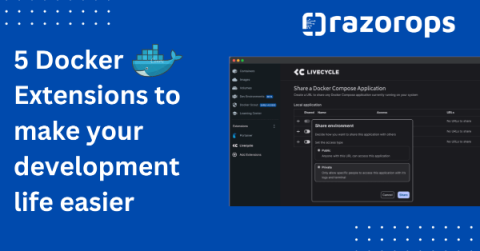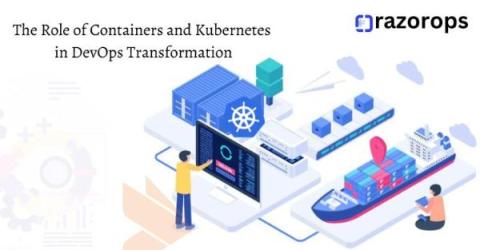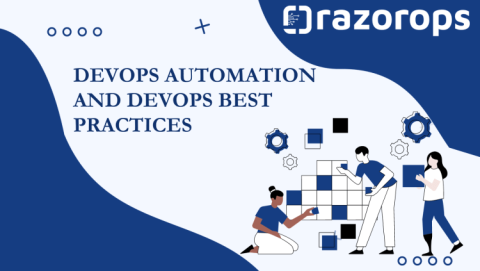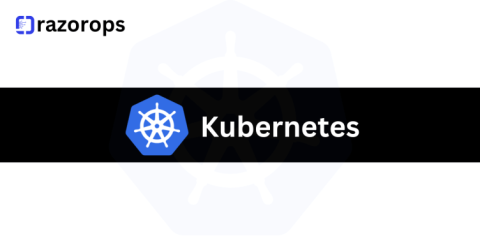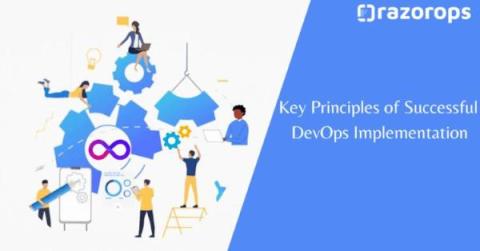How To Build Your DevOps Toolchain Effectively
Software development, the adoption of DevOps practices has become imperative for teams aiming to streamline workflows, boost collaboration, and deliver high-quality products efficiently. At the heart of successful DevOps implementation lies a robust toolchain—a set of interconnected tools and technologies designed to automate, monitor, and manage the software development lifecycle.





